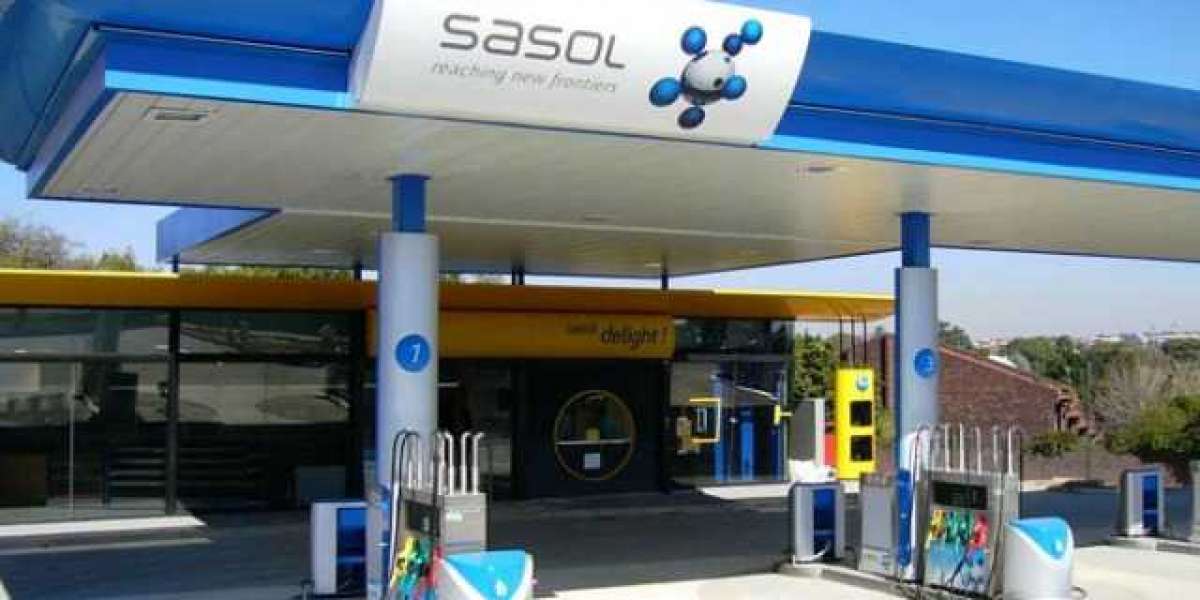In an address to Parliament on Thursday, 31 March 2022, Godongwana announced the GFL would temporarily drop by R1.50 from 16 April to 31 May 2022.
That will result in the following changes in the GFL for petrol and diesel:
- Petrol — Decrease from R3.85/litre to R2.35/litre
- Diesel — Decrease R3.70/litre to R2.20/litre
Godongwana said that several other interventions would also be considered once the temporary reduction lapses, including:
- Reducing the Basic Fuel Price of 3c/l — in line with recommendations from a Department of Mineral Resources and Energy (DMRE) review.
- Terminating the demand side management levy of 10c/l on 95 unleaded petrol sold inland.
- A price cap on 93 octane petrol, following consultation on the DMRE’s proposal. This will allow retailers to sell below the regulated price.
- Ending the publication of guidance on diesel prices to promote greater competition.
- Review the regulatory accounting system, including the retail margin, wholesale margin and secondary storage and distribution margins. This is to assess whether government can lower margins over the medium term by making adjustments.
- DMRE will consider interventions to reduce price pressure on illuminating paraffin over the medium term.
While the reduction should provide some temporary relief, the monthly fuel price adjustment kicking in next week is expected to be higher than the reduction in GFL.
The most recent data from the DMRE’s Central Energy Fund (CEF) suggested that the following price increases would come into effect on 6 April:
- 95 unleaded petrol — Increase of R1.84/l
- 93 unleaded petrol — Increase of R1.76/l
- Diesel — Increase between R2.98/l and R3.14/l
If the current forecast holds, the petrol price will still be between 26 and 34 cents more expensive from next month, even after the GFL decrease kicks in on 16 April.
The global price of Brent crude oil has skyrocketed in the weeks following Russia’s invasion of Ukraine on 24 February.
South African motorists already took a big hit at the start of March, when the prices for unleaded 95 and 93 petrol increased by R1.46.
At the same time, the prices of 500ppm and 50ppm diesel jumped by R1.44 and R1.48, respectively.
As a result, a litre of unleaded 95 petrol currently costs R21.60 inland and R20.88 on the coast.
Several stakeholders have proposed various solutions to bring down the petrol price, including a review of the fuel price calculation and the complete deregulation of retail and wholesale fuel prices.
One of the other options proposed to Parliament by South Africa’s Fuel Retailers Association was scrapping the Road Accident Fund (RAF) levy and introducing a mandatory car insurance scheme.
That would effectively cut R2.18 from the petrol price.
The RAF has been the subject of many controversies, including exploitation by unscrupulous lawyers leading to exorbitant administrative costs.








